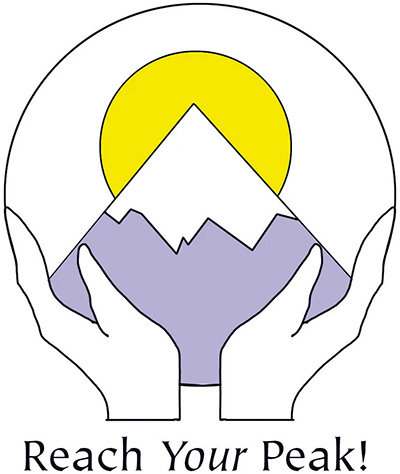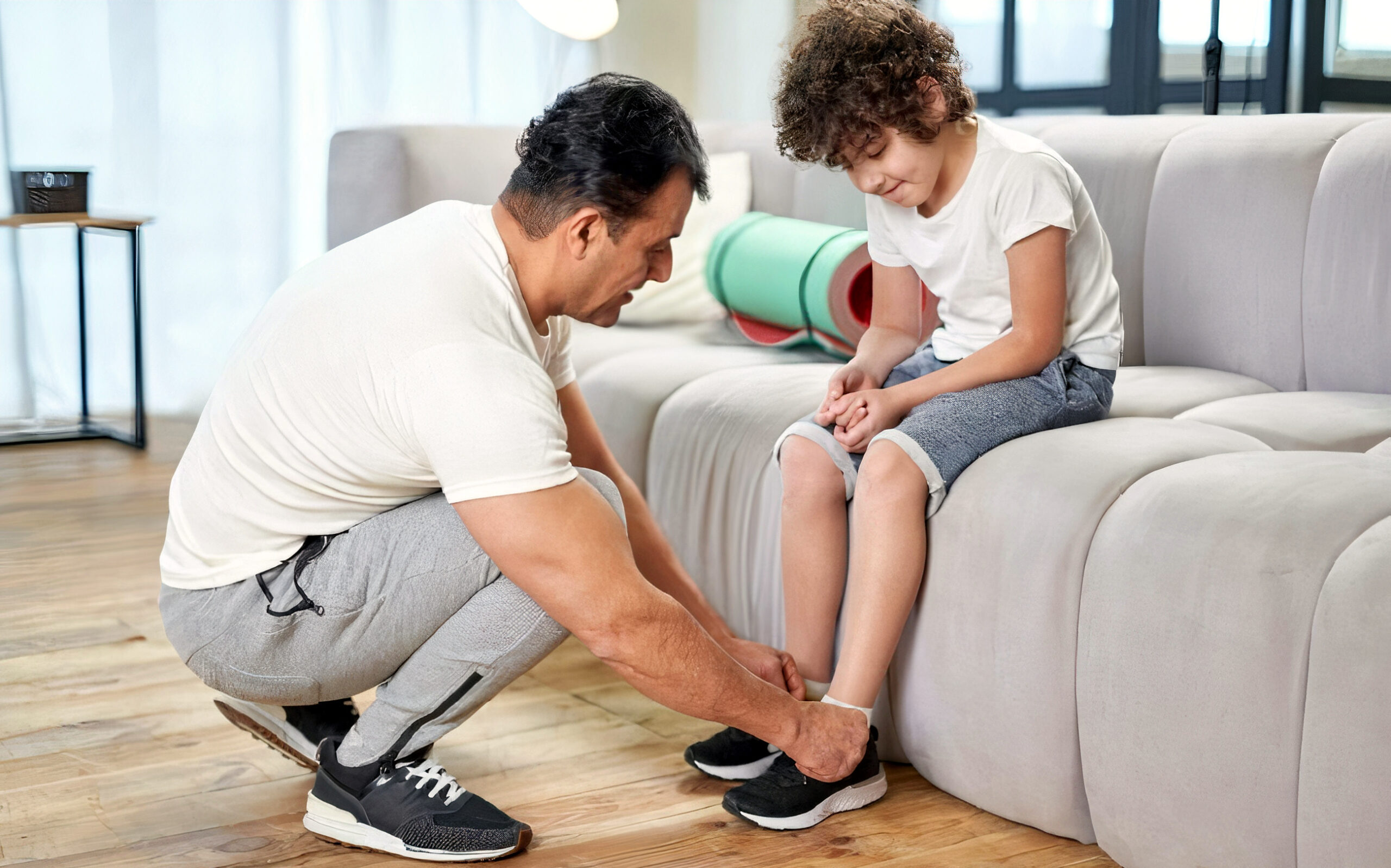Adapted from: Wrestling Through Adversity
This is the second blog that addresses the content of my free e-book, “Unlocking Your Child’s Potential: Six Game-Changing Points for Sports Success. It aims at assisting you as parents to put yourself in your children’s shoes to understand their perspectives, needs, and motivations relating to participation in youth sports.
Why step into your children’s shoes to model empathy?
As an empathic role model, when you step into your children’s shoes, you are teaching them to follow in your footsteps. It is a great time for kids, especially teens, to learn empathy because their developing brains are prone to emotionality and towards risky behaviors. Learning empathy promotes mental health, happiness, lowers stress, and builds self-awareness and self-control so they can win on and off the playing field.
The Social Radar
The ability to “put yourself in another’s shoes” is an essential life skill, according to Daniel Goleman in his 1998 book, Working with Emotional Intelligence. Being able to pick up on emotional clues is a particularly important attribute in situations where people have reason to conceal their true feelings because they never learned how to express them.
Goleman refers to empathy as our social radar we can use to read another’s emotions and entails sensing and responding to a person’s unspoken concerns or feelings. At the highest empathic level, it is understanding the issues or concerns of others that lie underneath the surface of their feelings.
What happens when people lack such sensitivity?
Being emotionally “tone deaf” leads to social awkwardness from misconstruing feelings or through an out-of-touch indifference that destroys rapport, posited Goleman. It can show up in our responses to other people as stereotypes rather than viewing them as unique persons. On the other hand, being able to sense subtle communications helps us build more competencies, such as leadership skills and compassion.
Can empathy be taught?
Our nervous system is geared to automatically engage in emotional empathy through which the amygdala in our brains plays a key role but knowing how to be empathetic is largely a learned skillset. The first lesson on how to empathize begins when we are held in the arms of our fathers, mothers, or guardians. Yet some parents have difficulty expressing empathy, which can negatively impact their child’s ability to do the same.
Since empathy begins from within, how can I trigger it with compassion?
When parents have challenges putting themselves in their kids’ shoes because they don’t know where to start, they can dig deep inside and reflect back in time to ask the following important questions to initiate bonding with their children:
- What was it like to be in the batter’s box the first time when I struck out?
- How did it feel when I fumbled the football, and my team lost the game as a result?
- When all eyes were on me, what were my feelings when I got pinned in a match during the last few seconds?
If you are too fearful or embarrassed to look back on your unresolved issues and empathize with your children, you are doing yourself and them a disservice. Without proper guidance and support, they may feel like failures and will not learn that their mistakes are opportunities to grow into their own shoes and become resilient.
My Story: A parental intervention
I know that parents can make a difference when I reflect back to when I was a 17-year-old nursing student. During the first semester, we learned the art and science of nursing in a classroom lab while working with dummies. The first clinical skill taught was how to administer an intramuscular injection. At first we practiced on an orange, and then on our roommates.
On the day of my clinical trial in a large open hospital ward, I felt confident when handling my first injection on a patient, who was a cute 18-year-old male. However, the process did not go as planned. My fingers fumbled nervously while drawing up the antibiotic into a syringe when the slippery glass barrel dropped onto the contaminated floor, along with the curative drug. Being warned to speed up the process, I rushed to the bedside with an alcohol swab and syringe equipped with needle in hand, which proved to be prophetic.
I give up on you
As instructed, I drew an “iodine cross” on his right buttock to avoid the sciatic nerve, but my hands were shaking when I raised the syringe high above the target of the upper outer quadrant of his butt. The instructor yelled “shoot, shoot,” so I did! The patient said the injection did not hurt at all. The reason being, I missed the assigned target and injected the forefinger of my left hand instead. While the sharp needle lodged in my bone, the syringe stood upright, like a wooden soldier. I turned to the instructor and said: “I don’t know whether to laugh or cry,” because it hurt. She pulled back the bedside curtain, and it was curtains for me as she left me stranded. With her hand raised in despair, she growled: “You are really bad at this. I give up on you.” I felt like a dummy.
How To Communicate With Your Teenager
Motivated by my dad’s empathy
When I told my dad, an athletic director, about my mishap, he injected some humor and empathy into it. There I stood in tears, telling him I wanted to quit school, when he burst out laughing hysterically. Back then, I did not think it was so funny, but now I see how my father encouraged me and taught me that laughter is the best medicine. In addition, he told me I was smart and said that I would get better at giving injections. “There’s no way you are quitting,” he emphatically stated.
A winner never quits
Five years later, after the incident with my first injection, I was the nurse manager of a 38-bed medical-surgical hospital unit, and I made the decision to return to school to earn a bachelor’s degree in nursing (BSN). I interviewed at a NYC university, and as I walked into the room, I was shocked to see my old instructor, “Nurse Ratched,” sitting at the desk.
Looking at my credentials and application triggered her memory that I was the stupid student nurse who failed at giving my first injection. She then commented that nurses like me are too dumb to handle challenging curricula in college and fail to graduate, intimating that I should quit before I start, so as not to waste my time.
The moment I entered the hallway after the interview, I began to hear my father’s voice, saying: “A quitter never wins, and a winner never quits.” Right then, I vowed to graduate with honors. Three years later, I accomplished my goal and graduated summa cum laude with the highest GPA, won an academic award, and was a candidate for Valedictorian.


0 Comments